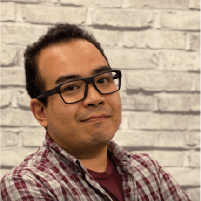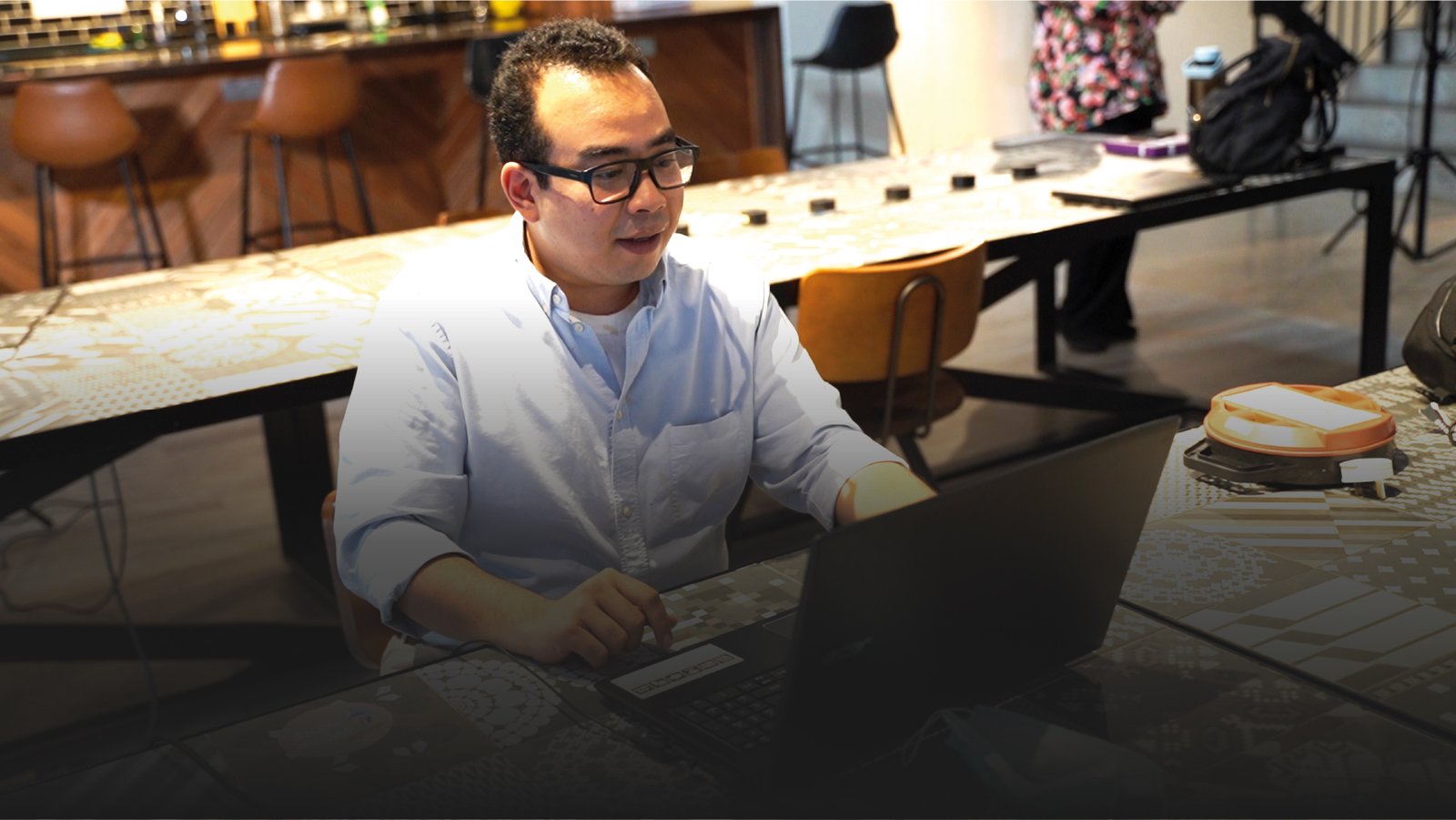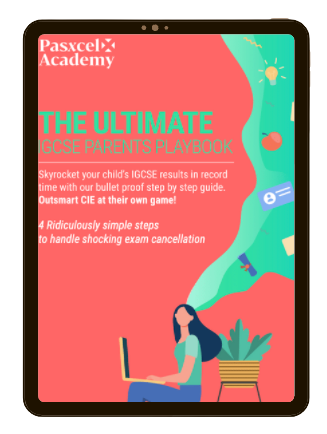Cambridge allows you to take as many subjects as your time and mental capacity may permit. However, although 20 subjects in one sitting is theoretically possible, we limit our students to a maximum of 6.
“Why are you limiting my child’s success at getting into a good university?”, I hear you scream.
For a number of compelling reasons, one of which is that the number of subjects taken does not in any way open up more options for your child. Most universities do not care what subjects your child takes in their IGCSE. It is true however that for certain specialised courses they require a specific subject, but even then they require no more than 2 or 3 specific ones.
Another more important and stronger reason is that taking a large number of subjects places a heavy and inordinate amount of mental strain and stress on your child. Stress that can easily take away the joy of learning. In effect, it turns the student into a machine that memories facts and formulas without comprehending any of them. A blind automaton with no creative outputs. They will begin to treat their studies like a chore and not as something to look forward to. They get no rush of excitement, no thrill of finding things out. And this is not the sort of culture we aim to breed in our school.
On top of all of this, there is also the issue of the need to instil and teach valuable life skills to our students, beyond the usual academic subjects. We want our students to be exposed to a wide variety of experiences and knowledge bases. Our aim is to expose them to the world and for them to develop their passions and interests, or for those still searching to pick up new interests and discover their passions. But how can they do this if they are bogged down with having to study for 10 subjects and prepare for the exams?
A child’s mind needs to be nurtured slowly and carefully; not by overwhelming them with reams of facts and voluminous academic texts. Theirs are an exploring mind, not a dumping ground for rote memorisation. By bombarding them with subject after subject, we risk dulling their minds, and what a waste that would be. In time, life will try to dull them, so why lend a helping hand when we can easily sharpen their minds and prepare them for the world?
Hence, we are proud that our online homeschooling in Malaysia program is different from others. Check out our Pasxcel Difference page to find out why.
Written by Pasxcel’s Master Teacher, Mr Rasyad.

Maths, Add. Maths, Physics, Python Coding & World History
Masters in Theoretical Physics
Teacher Rasyad studied Theoretical Physics and for a while he was working as a theoretical physicist. His area of research was Theoretical Nuclear Astrophysics and Particle Physics. His passion for teaching Mathematics and Physics led him to become a teacher with Pasxcel where he aims to instil in his students the joy of finding things out. His classes are usually very broad ranging and engaging. And rather than just explaining the concepts, he ties it in with the students’ experiences, the mundane then becomes the beautiful. His classes tend to have a habit of going into far off regions where he takes his students on a tour of the universe, from the very big to the very small, stretching the limits of their imaginations.













